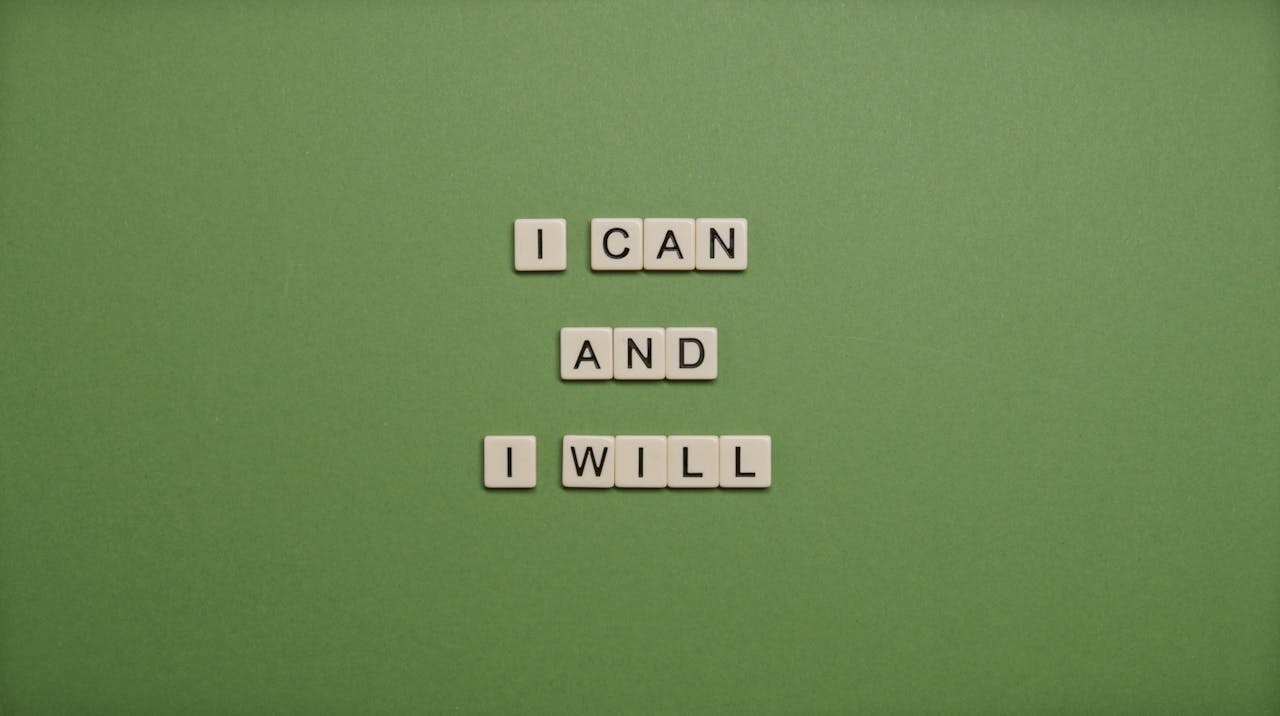Write Us: hello@ali5.org
How to Rebuild Confidence After Failing at Something Big
Struggling after a big failure? Learn practical ways to rebuild your confidence, shift your mindset, and move forward with clarity and strength.

Failure can shake you. It’s not just about what you missed or didn’t do; it’s also about how it makes you feel about yourself. There are moments when you start to doubt your skills, choices, and even your own worth. Especially if the failure was public, involved high stakes, or involved something very personal, that hurt can linger for a long time.
But the truth is that you remain confident. It is buried beneath the debris of self-doubt and disappointment. You can also rebuild it. Not overnight, not with a phony motivational speech, but with methodical, doable actions that help you get back on track.
Let’s dissect it.
1. Let Yourself Feel the Loss
The worst thing you can do after a major failure is pretend it doesn’t hurt. Suppressing emotions doesn’t make them go away; it just pushes them into the background where they fester.
Give yourself a window to feel the sting without spiraling. That could mean taking a couple of days to be sad, angry, or frustrated. Talk it out with someone you trust. Write it down. Cry if you need to. Recognizing the emotional impact before you start rebuilding is the aim here, not moping.
It’s like cleaning up after a storm; you can’t rebuild if you’re tripping over the mess.
2. Separate Your Identity From the Failure
One of the fastest ways failure wrecks confidence is when you tie your identity to the outcome. If the project flopped, you tell yourself I’m a failure. If you got rejected, you think I’m unworthy.
This is where you need to create distance. What happened was something you did, not who you are. Plenty of skilled, smart, successful people have failed repeatedly. The difference is they treat the event as data, not a verdict on their worth.
The mindset shift: “That didn’t work. I can learn from it.”
3. Get Specific About What Went Wrong
Vague thinking makes failure feel bigger than it is. If you tell yourself, “I messed everything up,” you create a mental story that’s impossible to fix because it’s not concrete.
Instead, break it down. What factors led to the result? Were there skills you lacked? Resources you didn’t have? Uncontrollable external circumstances? Mistakes you made because you didn’t know better?
When you see the failure in clear terms, it becomes less of a personal flaw and more of a solvable problem.
Example:
-
Vague story: “I’m terrible at presentations.”
-
Specific reality: “I didn’t practice enough, my slides were overcrowded, and I panicked when questions came up.”
One you can’t change. The other you can.
4. Revisit Your Wins, Big and Small
After a big failure, it’s easy to rewrite your whole history as if you’ve always been one step from falling apart. That’s not reality. You’ve done things well before. You’ve overcome challenges. You’ve had wins.
List them out, every project you completed, every skill you’ve learned, every obstacle you’ve navigated. Keep it factual, not inflated. The point isn’t to hype yourself up but to remind your brain that you have proof of competence.
This doesn’t erase the failure, but it puts it in context. One loss doesn’t erase an entire track record.
5. Create Small Wins to Rebuild Momentum
You have to earn confidence by taking action; it’s not a feeling you wait for. However, rushing into another risky task right after a significant setback can backfire. Start with less.
Choose assignments or projects that you can finish in a few days or weeks rather than months. Things where the stakes are low, but the progress is visible. The goal is to rebuild trust in yourself to prove, through action, that you can follow through and succeed at something.
Momentum is a confidence multiplier.
6. Strengthen the Skills That Will Help Next Time
If your failure exposed weak spots, this is your cue to work on them. Not from a place of shame, but as an investment in your future self.
-
If you freeze in a job interview, take a mock interview course.
-
If your business pitch fell flat, study storytelling and persuasion.
-
If a lack of organization derailed your project, adopt a project management tool and learn how to use it.
The act of improving in measurable ways not only prepares you for the next challenge it also builds quiet confidence. You know you’re better equipped than before.
7. Control the Story You Tell Yourself
Here’s something most people overlook: your internal narrative after failure shapes your next move more than the failure itself. If you tell yourself, I always mess up when it matters, your brain will find ways to prove you right.
Instead, consciously rewrite the story:
-
“I learned more from this than I would have from an easy win.”
-
“This was a test of resilience, and I’m still standing.”
-
“Now I know exactly what to work on.”
You don’t need to sugarcoat it. Just choose a version of events that keeps you moving forward instead of freezing you in place.
8. Watch Out for the Overcorrection Trap
Following a failure, people occasionally veer too far in the other direction. They stop setting lofty goals altogether, become unduly cautious, or avoid taking chances. Although it feels secure, it gradually undermines your confidence.
Rebuilding confidence means taking risks again, calculated ones. You don’t have to jump straight into something as big as the last challenge, but you do need to keep stretching your comfort zone. That’s where self-trust grows.
9. Surround Yourself With People Who See Your Potential
Failure can shrink your perspective, making you see only your flaws. This is when you need people who can remind you of your strengths.
That doesn’t mean surrounding yourself with cheerleaders who tell you you’re perfect. It means finding those who give you honest feedback while also reminding you of what you bring to the table. The right environment makes it much easier to rebuild your sense of capability.
10. Give It Time, But Keep Moving
When you decide to “be confident again,” your confidence doesn’t completely return. As you act, gain knowledge, and demonstrate to yourself that you are capable of overcoming obstacles, it gradually rebuilds.
If you wait for the perfect emotional state before you act, you’ll stay stuck. The trick is to keep moving, even in small ways, while your confidence catches up.
Bottom line:
A big failure doesn’t mean you’re broken. It means you took a swing at something meaningful and didn’t get the result you wanted. That hurts, yes, but it also puts you in the same category as every person who’s ever achieved something significant.
You rebuild confidence the same way you built it in the first place, by showing up, doing the work, and stacking small wins until they add up to a version of you that’s stronger, wiser, and more resilient than before.







